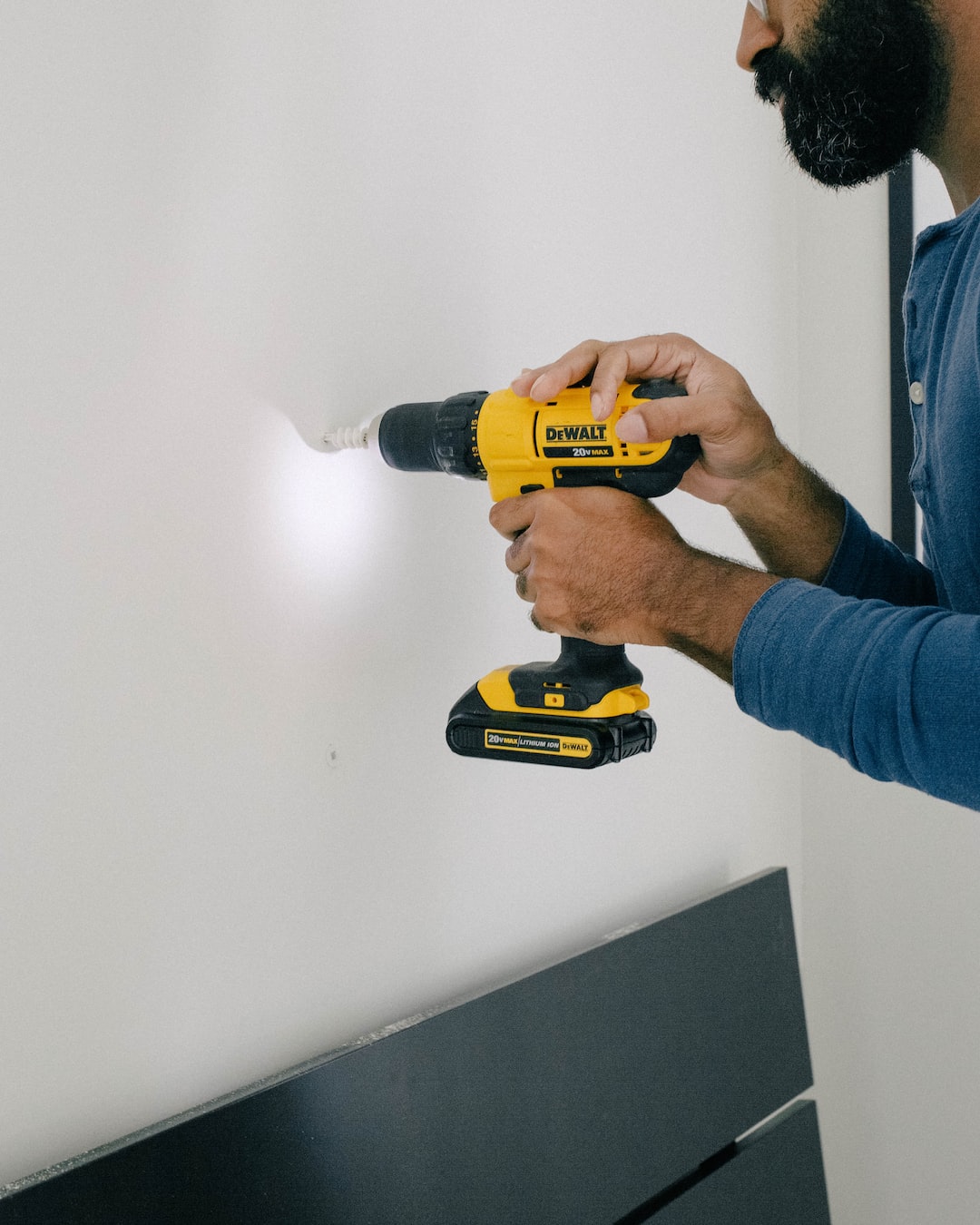Artificial intelligence (AI) has emerged as a disruptive force in various industries, including industrial automation. With its ability to simulate human intelligence, AI has significantly impacted the efficiency and productivity of manufacturing processes. One specific area where AI has had a substantial influence is in the field of schalldämmung maschinen, or sound insulation machines.
Schalldämmung maschinen, or sound insulation machines, play a crucial role in reducing noise pollution in industrial settings. Excessive noise can result in various negative effects on workers, including hearing loss, increased stress levels, and reduced productivity. Therefore, effective sound insulation is vital for maintaining a safe and healthy work environment.
Thanks to AI, the development of more advanced schalldämmung maschinen has become a reality. AI algorithms and machine learning techniques allow these machines to analyze and optimize sound insulation processes more efficiently than ever before. By inputting large amounts of data, including the specific characteristics of the machines and the surrounding environment, AI can identify the most effective methods for reducing noise levels.
AI-powered schalldämmung maschinen can also adapt and improve their performance over time. Through continuous data analysis and learning from past experiences, these machines can dynamically adjust their insulation mechanisms to suit changing production conditions. This adaptive capability enhances the overall effectiveness of sound insulation in industrial settings.
Furthermore, AI enables predictive maintenance of schalldämmung maschinen. By monitoring various parameters such as temperature, vibration, and performance metrics, AI algorithms can predict when and where certain components might malfunction or require maintenance. This proactive approach minimizes downtime, reduces maintenance costs, and ensures the machines operate at optimal efficiency.
Another significant impact of AI on industrial automation, particularly in sound insulation machines, is the integration of robotics. AI-powered robots are capable of performing complex tasks with a high degree of precision and accuracy. In the context of schalldämmung maschinen, AI-powered robots can automate the installation and adjustment of insulation materials with minimal human intervention. This not only increases efficiency and reduces labor costs but also ensures a consistent and high-quality insulation process.
However, with these advancements come challenges and considerations. The implementation of AI in industrial automation, including schalldämmung maschinen, raises concerns about job displacement and the need for upskilling the workforce. The increasing automation of certain tasks may result in the need for retraining and reskilling workers to adapt to the changing nature of their roles.
In conclusion, the impact of artificial intelligence on industrial automation, particularly in the field of schalldämmung maschinen, cannot be overstated. AI-powered machines have revolutionized sound insulation processes by improving efficiency, adaptability, and predictive maintenance capabilities. The integration of robotics has further enhanced the automation and precision of the insulation process. While these advancements bring numerous benefits, the workforce needs to be prepared for the changing job landscape and the need for new skills in this evolving era of AI-driven industrial automation.
************
Want to get more details?
TAL Systemtechnik GmbH
https://www.tal-systemtechnik.de/
+49 7731 68405
Byk-Gulden-Straße 36, 78224 Singen
TAL Systemtechnik GmbH – Wir produzieren und liefern Ihnen konfektionierte Dämmstoffe nach Maß, Akustische Dämmung zur Schallisolierung, den TL flexibler Abgasschlauch hitzebeständig und diverse Schallschutzvorhänge für die Industrie.

